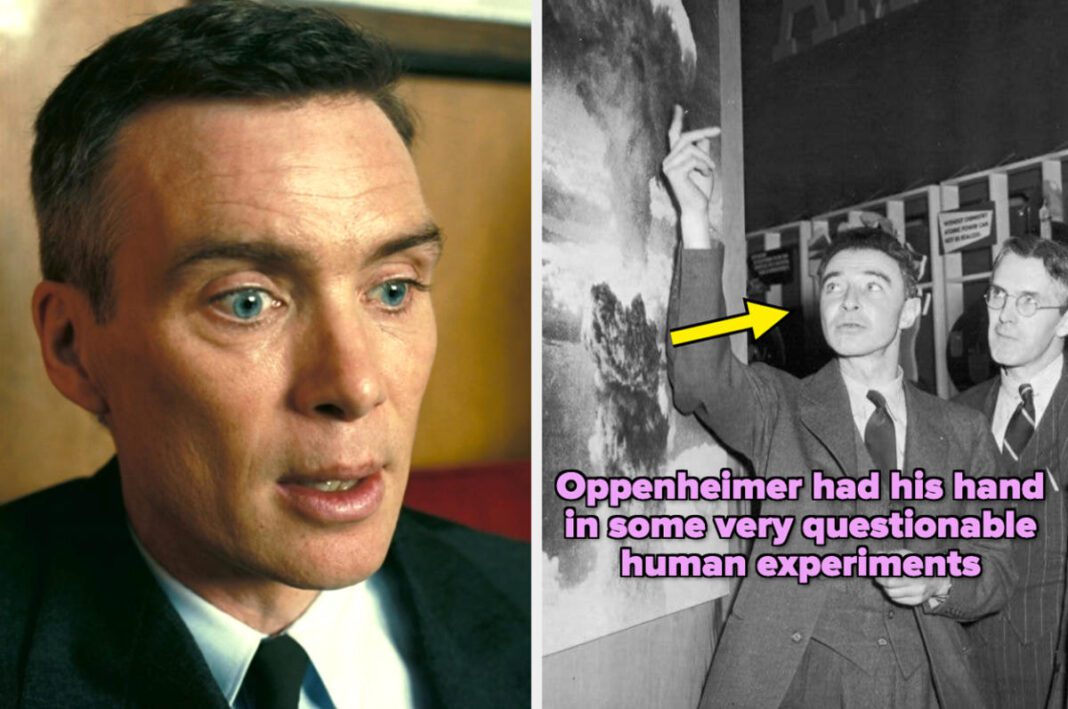In 1932, the United States Public Health Service launched a study with the Tuskegee Institute to “record the natural history of syphilis.” The study started with 600 Black men, 399 who were confirmed to have syphilis, 201 who did not (the control group), and not one of them gave their informed consent. Researchers on the project told these men they were being treated for “bad blood,” (which, back then, could mean several different ailments) in exchange for free medical exams, meals, and burial insurance. Mind you, we’re talking about primarily poor, Black, illiterate sharecroppers who, of course, were happy to hear they would be getting benefits they could only dream of.
By 1943, off the backs of these unknowing Black men, no doubt, penicillin became the drug of choice to help treat syphilis; however, none of the men in this trial were given, nor were they offered, the medicine to cure their syphilis. In 1972, Associated Press journalist Jean Heller broke the story that a 40-year study had been done on unknowing Black men in the rural south on their ability to handle untreated syphilis. Dozens of men died, and to top it all off, they never told anyone how syphilis could be contracted and spread, so many of these men’s wives, girlfriends, and children had also been infected.
The study was promptly shut down in 1972 after word got out; 40 years after its start. In 1973, a class action lawsuit was filed on behalf of all participants, resulting in an (in my opinion, not nearly substantial enough) $10 million out-of-court settlement. By 1975, participants and their wives, widows, and children were a part of the Tuskegee Health Benefit Program, which provided all necessary medical care to those involved with the experiment. In 1997, President Bill Clinton issued a formal presidential apology for the “study.”
The last “participant” of the experiment died in January 2004, and the last widow receiving benefits died in 2009. Participants’ children continue to receive health and medical benefits.


